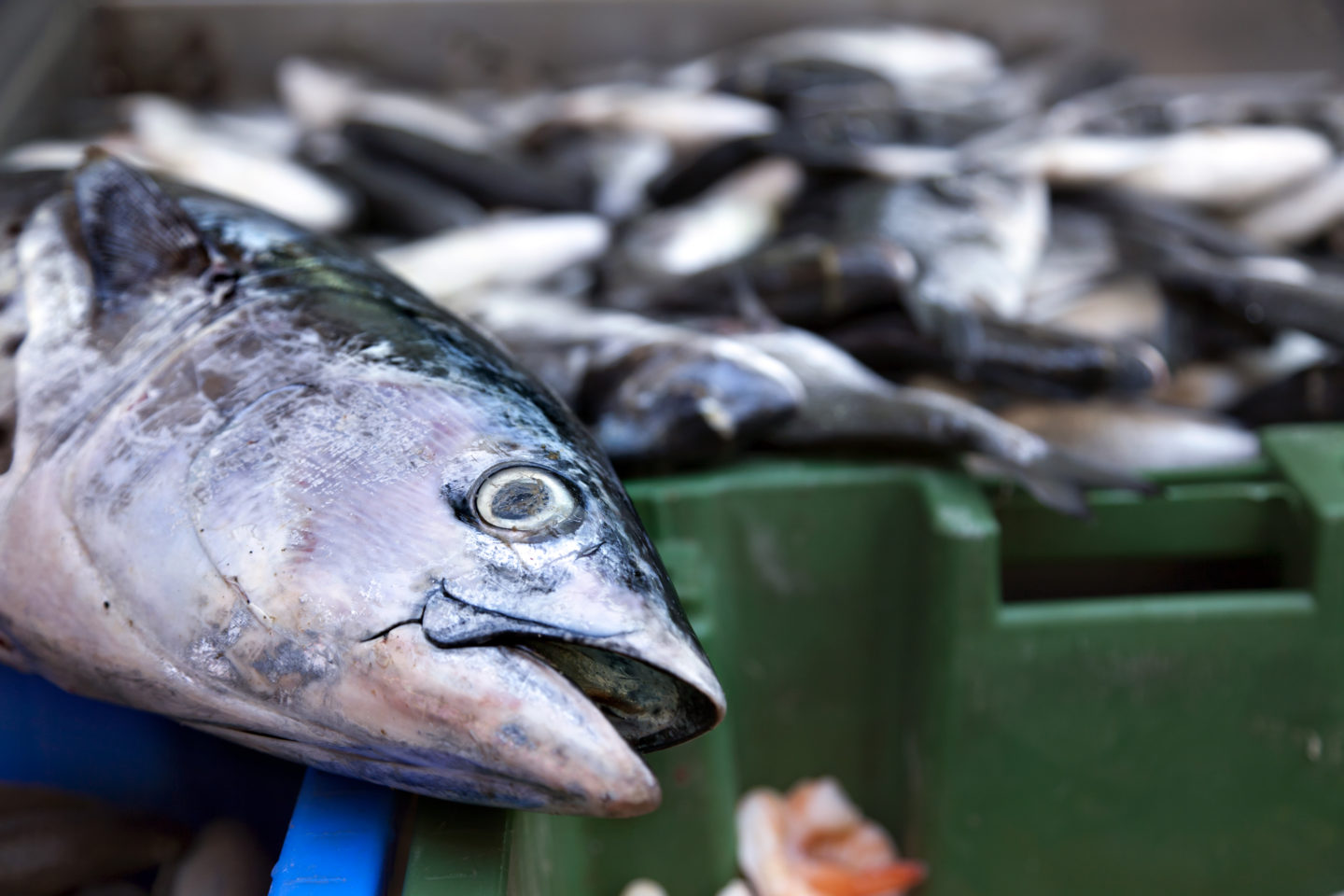A senior Scottish planning official has admitted making arrangements to circumvent freedom of information law to receive vital environmental data from fish farmers “face to face”.
Campaigners have accused Highland Council of “deliberately” evading the public’s right to know, and are calling for tougher legal controls.
Scottish Information Commissioner, Daren Fitzhenry, expressed concern that the council’s public function had been compromised.
During a Scottish parliament committee meeting, Highland Council’s planning team leader Mark Harvey revealed plans for face to face meetings with fish famers to avoid freedom of information law. The council stressed that that in order to access the information it needed to check harm to wild fish it had to bow to fish farmers’ insistence on not writing anything down.
Commercial caged salmon are sometimes plagued by sea lice that eat them alive. Environmental groups are concerned that the lice can escape and damage wild fish populations.
For years campaigners have been demanding access to data on lice infestations at individual fish farms. But the industry has always resisted releasing the information, claiming it is commercially confidential.
But on the 6 February the general manager of the Scottish Salmon Producers’ Organisation, David Sandison, promised an end to the secrecy. “From here on and forthwith, we will publish all data on sea lice counts on farms in Scotland on a farm-by-farm basis,” he said.
His announcement, which was widely welcomed, was made at the start of a long-awaited hearing on fish farming by the Scottish Parliament’s Environment, Climate Change and Land Reform Committee.
Government watchdog bowed to industry pressure on fish farm pollution
Later in the hearing the planning team leader with Highland Council, Mark Harvey, applauded the move. But then he revealed how the council had been planning to acquire sea lice data from individual fish farms.
He said: “Due to sensitivity about freedom of information and so on, we tried to work out arrangements to receive that information face to face, so there was not a huge exchange of information. I hope that that will now not be necessary.”
The Campaign for Freedom of Information in Scotland recently launched a bid – backed by The Ferret – to encourage civil servants to keep records. “We are pleased that public officials are being honest about deliberate, planned actions to avoid records being made in the first place,” said the campaign’s convener, Carole Ewart.
“The consequence is that people are being deliberately denied the right to access information as a way of holding government and publicly funded services to account.”
Enforcement was needed, Ewart argued. When the Scottish Parliament launches its expected scrutiny of freedom of information law it should consider making it an offence to deliberately prevent records being made where the intent is to prevent disclosure, she said.
The point was reinforced by the wild fish group, Salmon and Trout Conservation Scotland, who wanted “legal underpinning” for the publication of farm-specific sea lice data.
How the Scottish Government ‘nuanced’ away fish farm pesticide ban
The group’s solicitor, Guy Linley-Adams, said: “That public bodies are going about their business in a way deliberately designed, it seems, to evade the public’s legal right of access to information about the environment, is wrong under any circumstances, and they should not do it.”
Fitzhenry, who became Scottish Information Commissioner in October 2017, pointed out that over the last four years his office had upheld multiple appeals to release sea lice data. “It’s in everyone’s interests that this data is published,” he told The Ferret.
“It’s not at all surprising to hear public officials were also affected by not being able to access sea lice information. The discussion points to an impact on their ability to provide a public function.”
Highland Council confirmed that fish farmers were concerned that written reports would be released. “The industry had previously indicated that they would only communicate such information in face to face meetings on a commercially sensitive basis that did not include an exchange of written material,” said the council’s head of planning and environment, Malcolm MacLeod.
“The council effectively had to accept this view in order to receive the information required to allow operators of fish farms to discharge planning conditions relating to monitoring impacts on wild fish.”
He added: “However, it is still early days for the use of such conditions and no such meetings have taken place with Highland Council. David Sandison’s announcement now appears to allow a different procedure to be followed, and the council is awaiting further details with interest.”















I noticed as a Unison Shop Steward that management were increasingly reluctant to commit anything to email as it obviously left a digital trail as to when, where, by who and what was said. Those who have something to hide and manipulate are trying to stay a step ahead of legislation. Tony Blair, in a sense the arch manager/ politician said the biggest regret he had was…no, not the attack on the Iraqi people…passing the Freedom of Information Act!